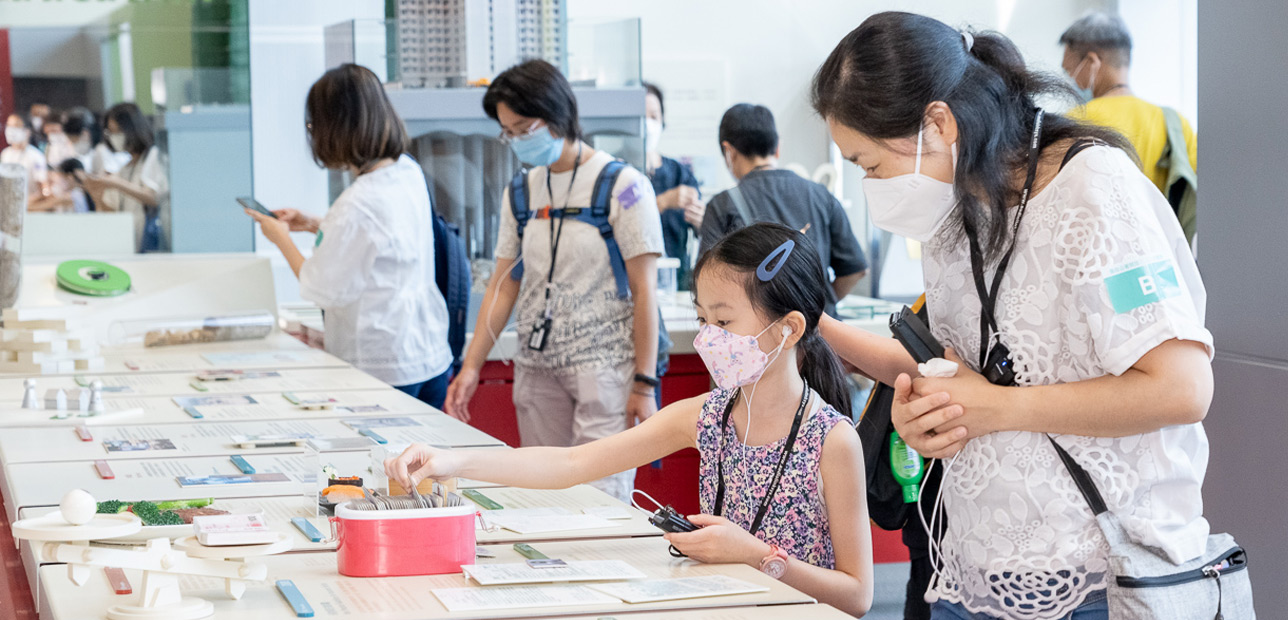
While corruption crime is secretive by nature, the opposite is true for Hong Kong’s anti-corruption agency. To garner public support, the ICAC regularly opens up so as to allow citizens to learn first-hand Hong Kong’s graft fighting history and the Commission’s latest initiatives.
The ICAC Open Day, which was held on three weekends in July this year as one of the programmes to mark the 25th anniversary of the establishment of the Hong Kong Special Administrative Region, had attracted over 7,000 visitors.
The ICAC held its first Open Day way back in 1999, with a view to enhancing public understanding about the evils of corruption and the importance of safeguarding Hong Kong as a clean and fair city. This year, members of the public were guided by ICAC officers on a two-hour tour.
Jodi Leung Chui-ha, Regional Officer of the ICAC’s Community Relations Department, told the ICAC Post that the guided tour enabled citizens to learn Hong Kong’s graft-fighting history and the ICAC’s daily operation as some facilities they visited were not usually open to members of the public.
“The Open Day demonstrates to the public the Commission’s commitment and persistence in fighting corruption. We also appealed for their continuous support in upholding the core values of integrity, fairness and rule of law,” Ms Leung said.
The Exhibition Hall served as a time tunnel where visitors journeyed through the bad old days when corruption was rampant, to the Commission’s latest graft-fighting initiatives, achievements and development.
In the video interview rooms, ICAC officers explained to visitors the purposes of the unique set-up, including the triangular table, room temperature display panel and real time video-recording facilities, all of which demonstrated the stringent and meticulous procedures required when persons under investigation were interviewed.
Other facilities open to the public were the identification parade complex and detention cells. Firearms used by ICAC officers were also on display.
In addition, visitors enjoyed a rich variety of activities including interactive game booths and an AR game which required them to conduct a virtual search operation and collect evidence as an ICAC investigator.
